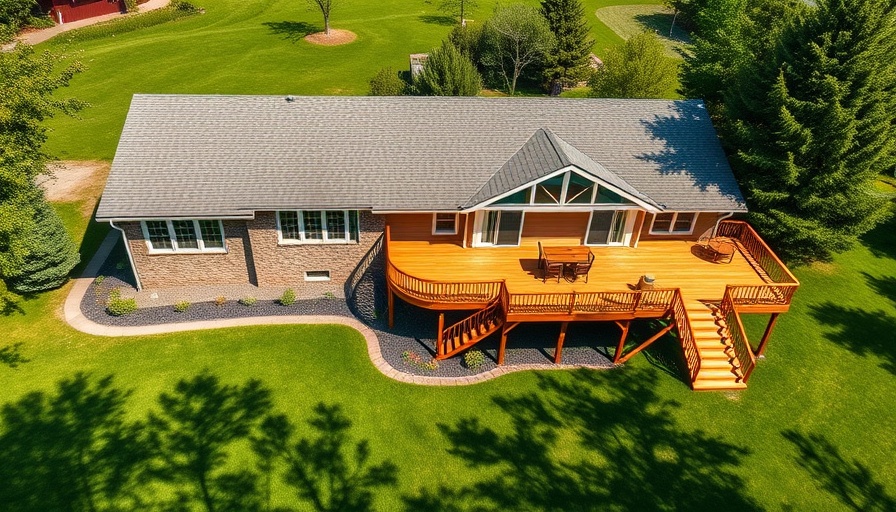
Understanding Brooklyn’s Basement Building Guidelines
For many homeowners in Brooklyn, turning an unused basement into a livable space is an enticing proposition. However, the local regulations governing basement construction are anything but straightforward. This guide seeks to clarify the necessary legal and zoning considerations, ensuring property owners can confidently navigate this complex landscape.
The Importance of Local Zoning Laws
Zoning laws are fundamental to any construction project. They dictate what can and cannot be done on a property based on its zoning classification. In Brooklyn, zoning districts play a crucial role in determining the legal viability of basement renovations. To avoid potential misunderstandings and costly penalties, homeowners should familiarize themselves with their property’s zoning designation, which influences allowable uses, building heights, and lot coverage. Utilizing resources offered by the City Planning Department allows you to confirm your eligibility for basement renovations and stay updated on any recent zoning changes.
Obtaining Necessary Permits for Basement Renovations
Once armed with knowledge about zoning regulations, the next step is obtaining the requisite permits. In Brooklyn, all major construction work requires a building permit issued by the Department of Buildings (DOB). This process can be intricate, necessitating detailed architectural or engineering drawings that adhere to New York City Construction Codes. Depending on your project’s scope, you might also need approvals from other agencies, such as the Fire Department or the Department of Environmental Protection. Early engagement with these entities can significantly ease the approval process and kick-start your renovation smoothly.
Compliance with Safety and Building Codes
Safety is paramount in basement construction, and New York City’s strict building codes reflect that. Any basement renovation must comply with regulations that cover structural integrity, fire safety, and electrical systems, among other aspects. For example, all basements must include adequate egress windows to ensure safety in emergencies, as well as plumbing and electrical installations that comply with city standards. A clear understanding of these codes not only ensures safety but also protects you from future liability or legal issues.
Common Pitfalls to Avoid During Renovation
Navigating the basement renovation process can be fraught with challenges. Many homeowners mistakenly think they can bypass permits for small-scale renovations, leading to costly fines. Others fail to check existing structural conditions, such as water seepage or mold, which can halt construction and lead to significant setbacks. Engaging with a qualified contractor who understands the legal landscape can help you mitigate these risks effectively.
Best Practices for Successful Basement Conversions
Planning is essential for a successful basement renovation. Start by assessing your space and defining its intended use—be it for additional living space, a guest room, or an entertainment area. Collaborating with an architect or designer can ensure that your plans align with both zoning laws and safety codes. Furthermore, innovative design solutions that maximize light and space can transform your basement into an inviting area rather than a mere storage space.
Future Trends in Brooklyn Basement Renovations
The trend of basement conversions in Brooklyn has gained momentum as homeowners seek to maximize their properties’ value. Experts predict that as the market evolves, so too will the regulations surrounding renovations, making it increasingly important for property owners to remain informed. Homeowners may also see a rise in value as multi-functional spaces become more desirable. Investing time in understanding tomorrow’s regulations will foster successful renovations today.
Conclusion: Your Journey Starts Here
In summary, understanding Brooklyn’s basement building guidelines is not only a legal necessity but also a step toward significantly enhancing your home’s value and functionality. With the right knowledge of zoning, permits, codes, and best practices, your dream basement can become a reality. Before you start your conversion journey, take the time to research and plan thoroughly to ensure compliance and a seamless renovation process.
If you're ready to embark on your basement project or want to learn more about how to navigate the complexities of Brooklyn's building guidelines, reach out today for professional consultation. Your dream space is just a few steps away!
 Add Row
Add Row  Add
Add 




 Add Row
Add Row  Add
Add 

Write A Comment